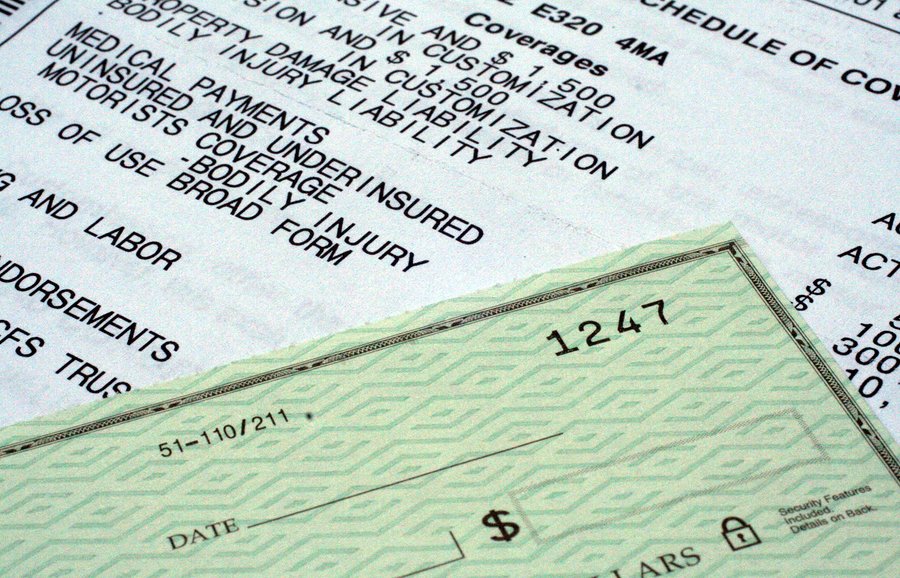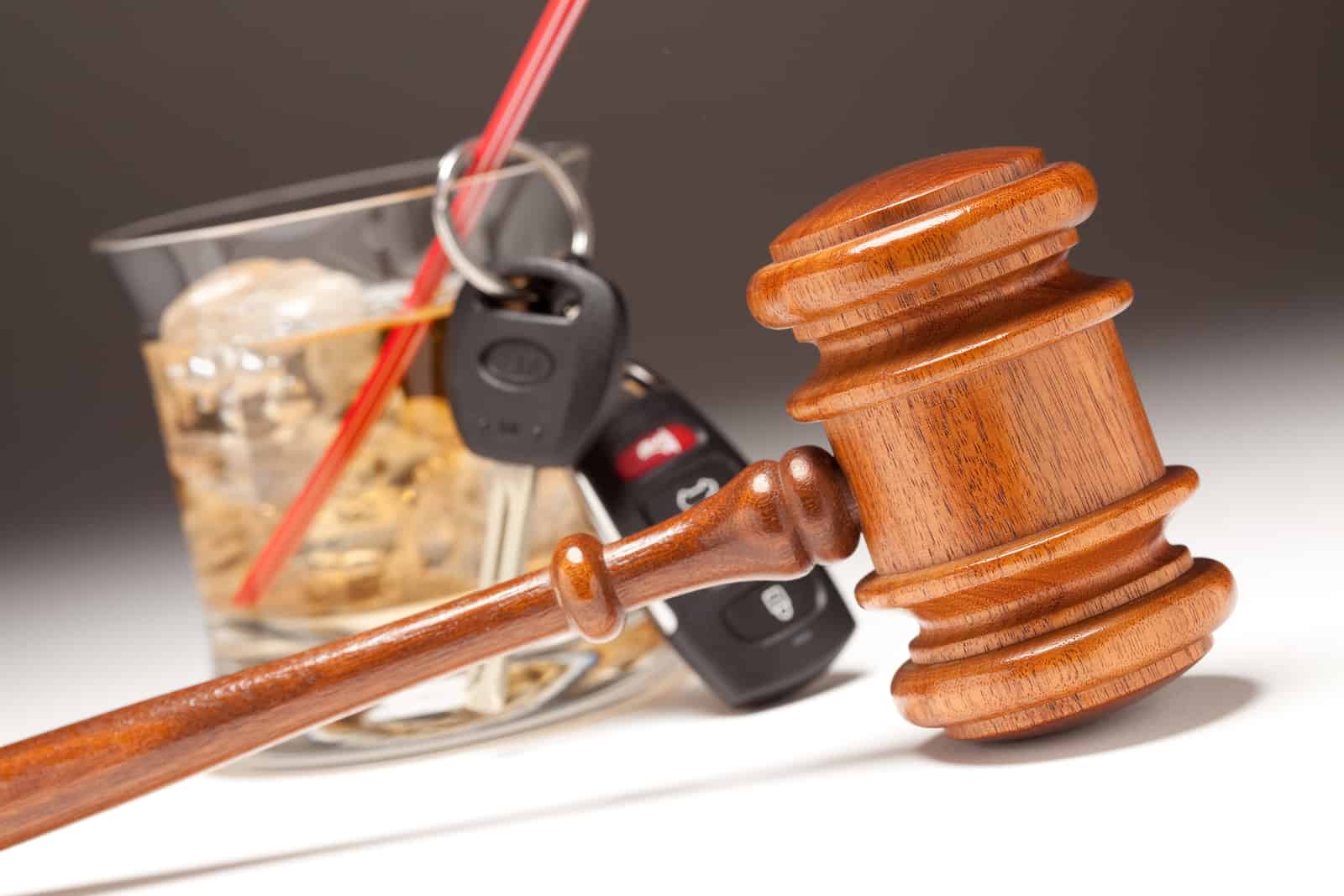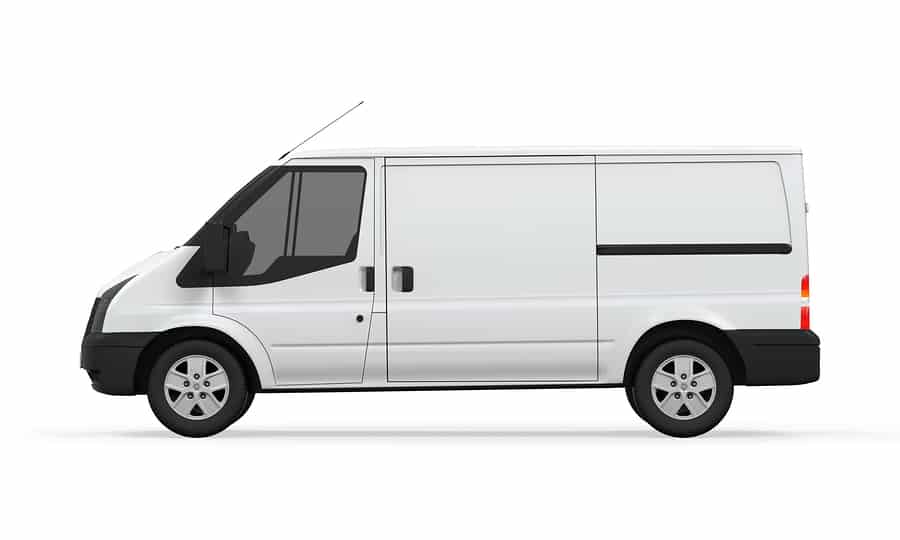Federal Motor Carrier Safety Administration (FMCSA) has opened an investigation into a recent bus crash in nearby Delaware. The private bus, operated by Am United Express, was carrying 49 tourists back to New York City when it overturned on a highway exit ramp and slid down a grass embankment. The accident produced 2 fatalities and numerous injuries. Roughly 24 hours after the accident, about 20 patients were still hospitalized and one was still under critical care.
While investigators have yet to determine a cause for the commercial vehicle accident, they have ruled out alcohol or drugs. However, to better understand the causes of accidents in commercial passenger-carrying vehicles, like buses, it can be instructive to look at the risks identified by Congress and the FMCSA which are reflected in FMCSA safety regulations. In this post, our Philadelphia personal injury lawyers will examine what types of commercial passenger transportation companies are covered by the safety rules and examine some of the more noteworthy provisions.

What types of transportation companies are covered by FMCSA safety regulations?
Motor carriers, like large commercial busing operations, are subject to FMCSA regulations when their vehicle has a gross vehicle weight or gross vehicle weight rating of 10,001 or more pounds and the vehicle is utilized on highway in interstate commerce to transport passengers. While most people would expect these regulations to apply to large commercial busing operations, FMCSA regulations are not solely limited to vehicles of this type. In fact, most motor carriers engaged in or utilizing vehicles designed for the small-scale interstate transport of 9 to 15 passengers, inclusive of the driver, for compensation are covered by FMCSA regulations. However, the exact regulations that apply are determined by whether the company receives direct or indirect compensation for its services. Direct compensation would include situations where the payment is made directly to the motor carrier by the passenger or the passenger’s agent for transportation services only. In contrast, an example of indirect compensation would include when the transportation services are part of a travel package containing other services.
Regulations that apply to small-scale interstate transport of 9 to 15 passengers, inclusive of the driver, for direct compensation includes:
- Safety fitness procedures and new entrant safety assurance procedures (49 CFR 385).
- Accident register recordkeeping (49 CFR 390)
- Driver qualification and medical examination requirements (49 CFR 391)
- Maximum driving time standards (49 CFR 395.5)
- Carry, at least, the minimum level of insurance. (49 CFR 387)
While passenger-carrying vehicles that are not for direct compensation do not have to adhere to as high of standards as those for direct compensation, there are certain things both classes must do. These include filing a motor carrier identification report, mark their vehicle with the applicable USDOT identification, comply with all driver restrictions regarding cell phone use or texting, and maintain an accident register.

Hours of Service regulations for covered passenger-carrying vehicles
Like commercial truck drivers, drivers of most commercial buses, vans and many other passenger transport vehicles are regulated by hours-of-service regulations. However, these hours-of-service rules do distinguish between property-carrying and passenger-carrying vehicles. While the hour-of-service regulations for property-carrying vehicles are set forth in 49 CFR 395.3, the parallel restrictions are set forth for passenger-carrying vehicles in 49 CFR 395.5. These passenger-carrying restrictions apply to the types of passenger-carrying commercial vehicles as described in the previous paragraph. Like the commercial time-of-service restrictions, the passenger-carrying restrictions are also subject to the exceptions and exemptions set forth in § 395.1.
§395.5(a) is similar to a daily limit, though it is not specifically tied to any 24-hour period. It restricts a driver of a passenger-carrying commercial vehicle from driving for more than 10 hours following 8 consecutive hours off duty. Simultaneously and alternatively, drivers are forbidden from driving for any time period after having been on duty for 15 hours after an 8 hour off duty period.
§395.5(b) provides for hours-of-service limits that are somewhat similar to weekly limits although they are not tied to calendar weeks. Rather, the rule establishes time limits for rolling 7 day and 8 day periods. §395.5(b)(1) prohibits a driver of a passenger-carrying commercial vehicle from being on duty for more than 60 hours in any 7 consecutive day period if the driver does not drive every day. If the driver does drive every day, then he or she is prohibited from driving more than 70 hours over any period of 8 consecutive days.

Are there safety requirements for drivers?
FMCSA has promulgated safety regulations that apply to covered drivers. The grounds for qualification and disqualification of drivers is defined in 49 CFR 391. The general required driver qualifications are set forth in §391.11(b). In brief, a qualified driver must be 21 years of age or older; have the ability to read, speak, and understand English; has the experience and training to drive the type of commercial vehicle, holds a valid commercial drivers’ license (CDL), and is physically qualified.
According to our Philadelphia car accident lawyers, the physical requirements for drivers are set forth under §391.41 while grounds for driver disqualification are enumerated in §391.15.
Grounds for driver disqualifications include:
- The loss of the driver’s CDL
- Committing certain criminal offenses while on duty
- Driving a commercial vehicle while under the influence of alcohol
- Driving a commercial vehicle while under the influence of a Schedule I controlled substance
- Transporting a Schedule I controlled substance
- Refusal to comply with testing pursuant to the enforcement of § 391.15(c)(2)(i) (A) or (B) or § 392.5(a)(2).
- Fleeing the scene of a commercial vehicle accident
- Any felony related to or using a commercial motor vehicle
First offenders of the preceding offenses are typically subject to a one year suspension from the date of their conviction. However, the duration of the disqualification will be only for 6 months if “the conviction or forfeiture of bond or collateral solely concerned the transportation or possession of [Schedule I controlled] substances [including amphetamines, narcotic drugs, or derivatives of narcotic drugs].” 49 CFR 391.15(c)(3)(i).

Furthermore, a driver can be disqualified for his or her violation of an out-of-service order. For a first time violation of an out-of-service order, a suspension of 90 days to 1 year can be imposed. §391.15(d)(2)(i). If the driver violates a second out-of-service order within 10 years, he or she may be disqualified for no less than 1 year or more than 5 years. §391.15(d)(2)(ii). A third offense over a ten year period can carry a three to 5 year disqualification. §391.15(d)(2)(iii).
Commercial drivers may also be disqualified for texting on a cell phone or other mobile device while driving a commercial vehicle. Section § 392.80 defines the prohibition against texting while §391.15(e) sets forth the potential duration of the disqualification. While § 392.80(d) carves out an exception for when it is necessary to communicate with law enforcement or emergency services personnel, it is otherwise forbidden while driving a commercial motor vehicle or most circumstances when the vehicle’s motor is running. A driver may be disqualified for 60 days after 2 violations of this safety regulation during any 3 year period. §391.15(e)(2)(i). A third violation can result in a disqualification of 120 days. §391.15(e)(2)(ii).
What other safety regulations apply to commercial bus and van drivers?
More generally, 49 CFR 385.1(d) extends the scope of many organizational safety & fitness requirements to, “apply to all motor carriers subject to the requirements of this subchapter, except non-business private motor carriers of passengers.” The safety fitness standard is set forth very broadly in 49 CFR 385.5 where each safety fitness standard along with its applicable part are enumerated. While some of these items have been previously addressed, safety concerns that must be addressed and adhered to include:
- Commercial driver’s license standard violations (§383)
- Sufficient levels of financial responsibility (§387)
- Failure to maintain an accident register (§390)
- Use of qualified drivers (§391)
- Improper driving or use of commercial motor vehicles (§392)
- Unsafe vehicles (§393)
- Use of fatigued drivers in violation of hours-of-operations standards (§395)
- Inadequate inspection or maintained of vehicles (§396)

In short, passenger-carrying commercial vehicles like buses, 15-passenger vans, and transport vehicles are regulated at least as thoroughly as their cargo-carrying counterparts. However, despite these safety regulations we continue to hear about private commercial van or truck accidents. While it will be interesting to see what reason investigators identify as the cause of the Delaware bus crash, it is likely to be related to one of the safety grounds that have been identified through years of experience by FMCSA. If you or someone you know was injured in a bus accident contact the Philadelphia bus accident lawyers at the Reiff Law Firm today to learn who is liable for the bus accident that caused your injury.
Related Posts
- What to Do if You Were Injured at Wind Creek Bethlehem (Formerly Sands) Casino
- Compensation for Penn State Frat Death and Alcohol-Related Injuries
- What to Do if You Get into an Accident Involving a Fire Truck
- Homeowner Liability for Slip and Falls in Pennsylvania
- Gregory v. Cott Shows Liability Issues with Alzheimer’s Patients & Personal Injury















